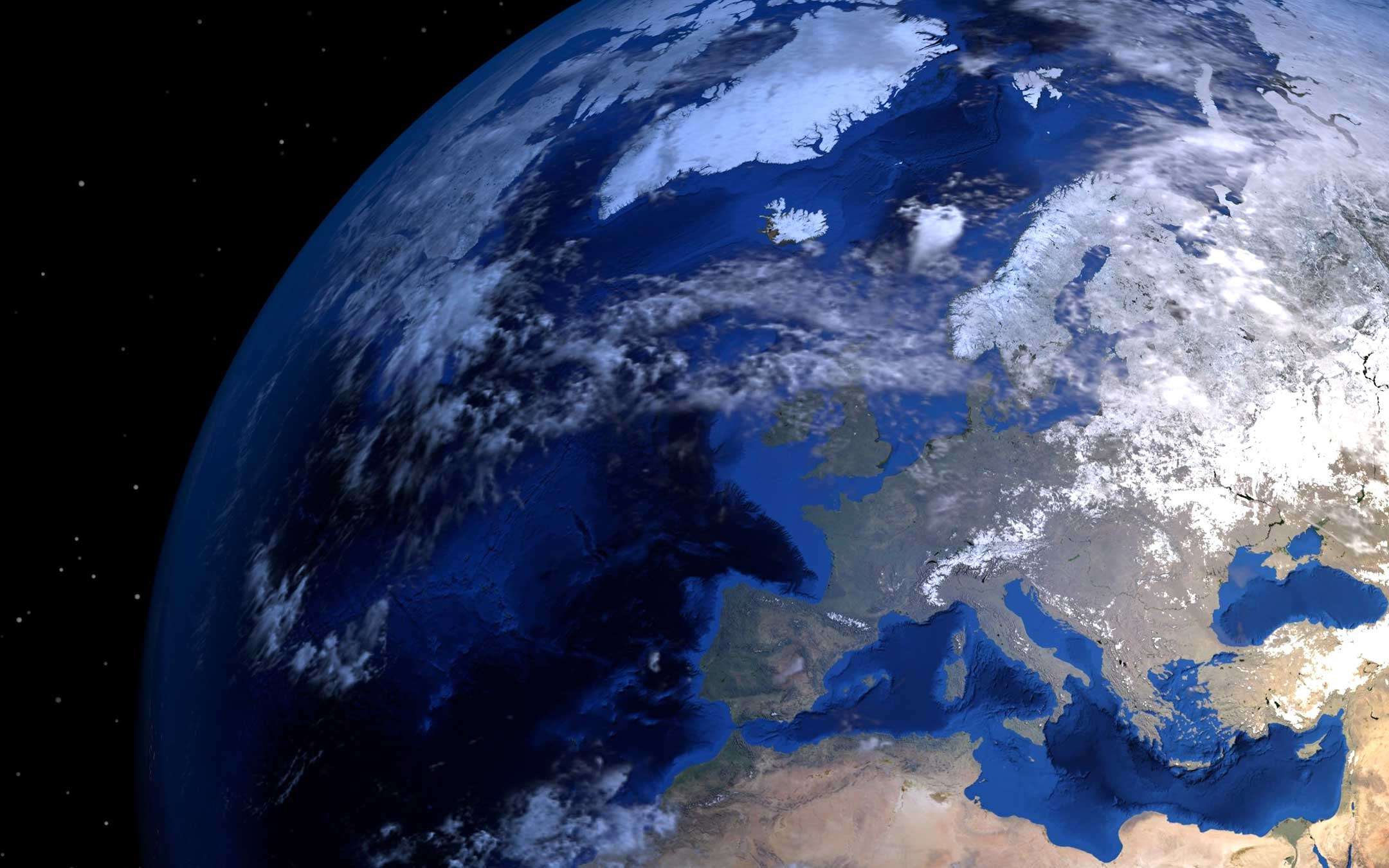
Catastrophe in a billion years: no more oxygen
The results of a research conducted by Kazumi Ozaki of Toho University (Funabashi, Japan) and Chris Reinhard of the Georgia Institute of Technology ( Atlanta, United States), developing a model that takes into account the climatic, biological and geological characteristics of our planet. We will return to levels estimated at 2.4 billion years ago when the Great Oxidation occurred, an event also known as an oxygen catastrophe and believed to be responsible for a great mass extinction.What will be the cause? In all probability a phenomenon linked to the aging process of the Sun, destined to become increasingly hot and to release more and more energy with the passage of time. This will cause a decrease in the share of carbon dioxide, a compound capable of absorbing heat.
Although CO2 levels lower than current ones are desirable for the fight against climate change, an excessive reduction would inevitably have an impact on the activity of organisms that base their existence on photosynthesis (including plants) and consequently on their ability to produce oxygen.
At the same time, there will be a strong increase in methane, reaching 10,000 times that present in the atmosphere today. We will hardly be able to verify the accuracy of the forecast, but the first effects could already be felt in a relatively shorter period of time, starting from 10,000 years from now.
Since this is a cause external to the ecosystem terrestrial, there will be no fight against climate change capable of remedying it. Perhaps the way to go to ensure the long-term survival of mankind is the one imagined by Elon Musk among others: colonizing other planets, starting with Mars.
Source: New Scientist